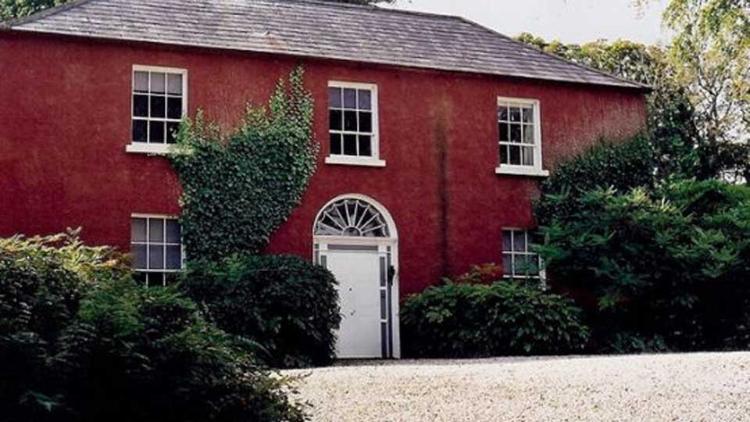Róise Goan's lecture on the home in Irish theatre focuses at first on the "images and stories that helped shape our understanding of ourselves," very notably from the time of the nascent Irish State and into the second half of the 20th century.
As the kitchen and its hearth were centre of the Irish home, they were centre stage in the plays of legendary Irish playwrights, from the danger and heightened realism of John Millington Synge to the dark and visceral satire of Martin McDonagh.
And in observing a transition in Irish theatre from onstage hearth and home to no stage at all, in tandem with the seismic shift in Irish life, Róise hits upon the recurring question of this lecture series – how do we make home?
Róise points to the uncertainty among newer generations of ever being able to have security of home. She points to the exclusion of many in our urban and rural areas, thanks to an increasingly unequal society, and the isolation it has created.
It is for these reasons, she says, that younger, less-advantaged generations value experiences over assets. Whereby shared experiences provide more shelter and security than bricks and mortar – where shared experiences and interests create communities, rather than shared amenities and streets.
Likewise in the theatre, an original or powerful shared experience between audience members, or even between audience and performers, stands in for the familiar settings of a traditional stage. Moreover, experience is paramount in the 'liveness’ of contemporary site-specific performance – such as Draíocht’s HOME project – and is the antithesis of our ‘on demand’ digital entertainment consumption culture.
Róise’s talk also highlights the other important aspect of what home is – and is not. As many of the plays referenced in the lecture portray, home is the place where religious and moral doctrine, family or social tensions, love and memory are "sometimes let in and sometimes kept out".
We must ask how the nature of ‘home’ interplays with these formative and transformative forces in our lives and our society. And we can observe that Irish theatre still not only bears witness to this interplay, but also seeks to participate in it.
Perhaps the most fundamental way in which it performs this function also reflects the ongoing struggle in ‘making home’ in Ireland – which is today so marred by necessity and discomfort. Theatre becomes the necessary mirror to show us ourselves as were truly are, which brings a discomfort of its own, pushing us to examine who we are and what we value.
